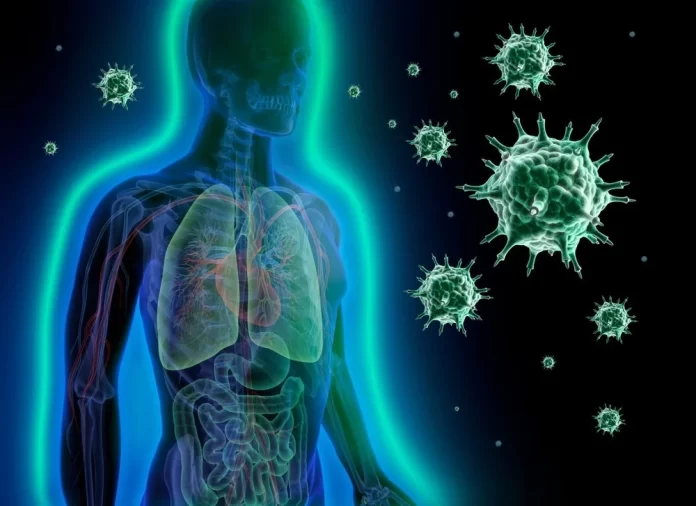The human immune system is a marvel of complexity and efficiency. It serves as our body’s defense against a vast array of pathogens, ranging from bacteria and viruses to parasites and fungi. With its intricate network of cells, organs, and molecules, the immune system is constantly on guard, ready to mount a defense and protect us from harmful invaders. In this article, we will delve into the intricacies of the human immune system, exploring its components, mechanisms, and the remarkable ways it combats pathogens.
At the core of the immune system are white blood cells, also known as leukocytes. These specialized cells are produced in the bone marrow and circulate throughout the body via the bloodstream and lymphatic system. White blood cells can be broadly divided into two categories: phagocytes and lymphocytes.
Phagocytes, such as neutrophils and macrophages, are responsible for engulfing and digesting foreign particles, including bacteria and dead cells. They act as the first line of defense, quickly detecting and eliminating pathogens through a process called phagocytosis. Phagocytes also play a crucial role in activating other immune cells and coordinating the immune response.
Lymphocytes, on the other hand, are key players in the adaptive immune response. These cells include T cells and B cells, which work together to recognize and destroy specific pathogens. B cells produce antibodies, proteins that bind to foreign substances and mark them for destruction. T cells, on the other hand, directly attack infected cells and regulate the immune response. Through their incredible diversity and memory, lymphocytes enable the immune system to mount a targeted defense and provide long-term immunity.
The immune system’s ability to recognize and distinguish between self and non-self is fundamental to its function. This is achieved through a mechanism called antigen recognition. Antigens are unique molecules found on the surface of pathogens that trigger an immune response. Each pathogen possesses specific antigens, and the immune system can detect and respond to these molecular signatures. This remarkable specificity allows the immune system to target and eliminate pathogens while leaving healthy cells unharmed.

To orchestrate the immune response, numerous organs and tissues contribute to the overall defense mechanism. The lymphatic system, a network of vessels and organs, plays a vital role in immune surveillance. Lymph nodes, spleen, and tonsils are among the lymphatic organs that house immune cells and facilitate their interactions. These sites act as hubs where immune cells gather, communicate, and mount an effective defense against pathogens.
In addition to cells and organs, the immune system relies on signaling molecules called cytokines. Cytokines act as messengers, allowing immune cells to communicate and coordinate their actions. They regulate various aspects of the immune response, including inflammation, cell proliferation, and immune cell recruitment. Cytokines are crucial for maintaining a delicate balance within the immune system, ensuring that the response is appropriate and proportionate to the threat posed by pathogens.
While the immune system is a highly efficient defense mechanism, it is not infallible. Pathogens have evolved sophisticated strategies to evade or manipulate the immune response. Some pathogens can even hide within host cells, evading detection by immune cells. Additionally, the immune system’s response must be tightly regulated to prevent excessive inflammation and tissue damage. When this regulation fails, autoimmune disorders can arise, where the immune system mistakenly attacks the body’s own tissues.
Understanding the complexity of the human immune system has far-reaching implications. It provides valuable insights for developing new treatments and vaccines to combat infectious diseases. Vaccination, for instance, leverages the immune system’s ability to generate memory cells that confer long-term protection against specific pathogens. Moreover, researchers are exploring the potential of immunotherapy, which utilizes the power of the immune system to target and destroy cancer cells.
In conclusion, the human immune system is a remarkable network of cells, organs, and molecules that defends our body against pathogens. Its complexity enables it to recognize, target, and eliminate a wide range of foreign invaders. The immune system’s ability to mount an adaptive response, remember previous encounters, and maintain self-tolerance is crucial for our survival. By unraveling the mysteries of the immune system, we pave the way for innovative approaches to enhance our defenses against diseases and safeguard our well-being.

